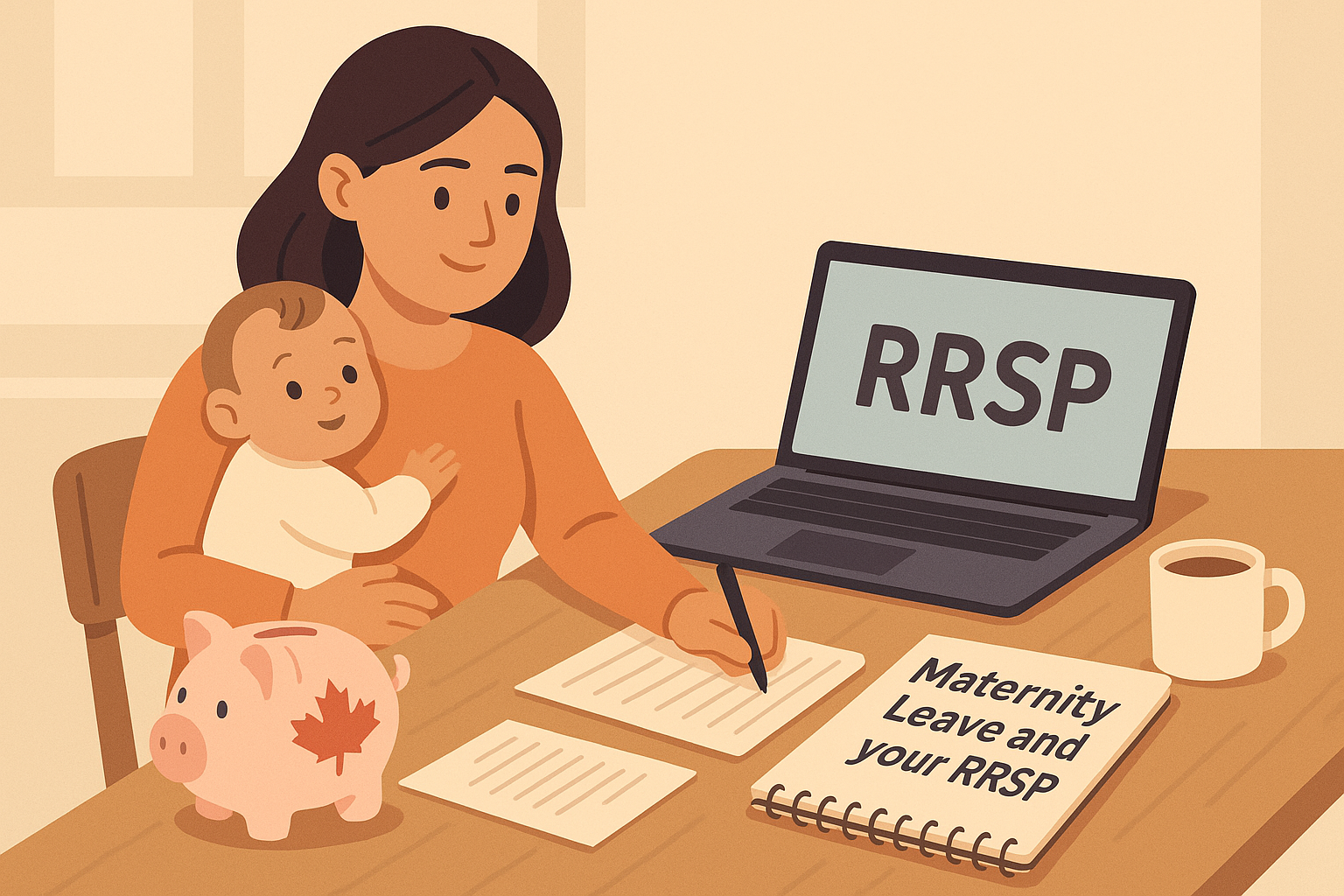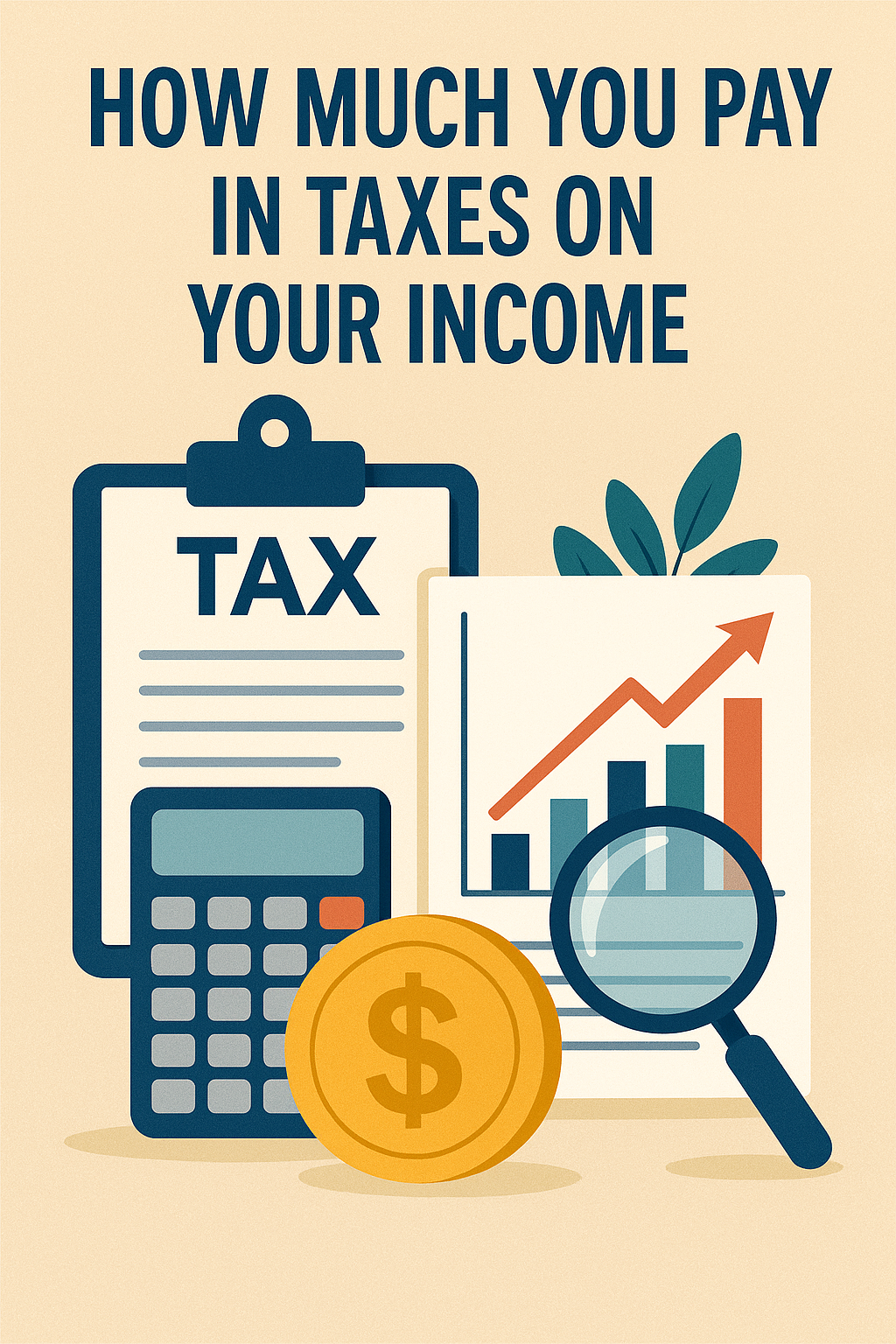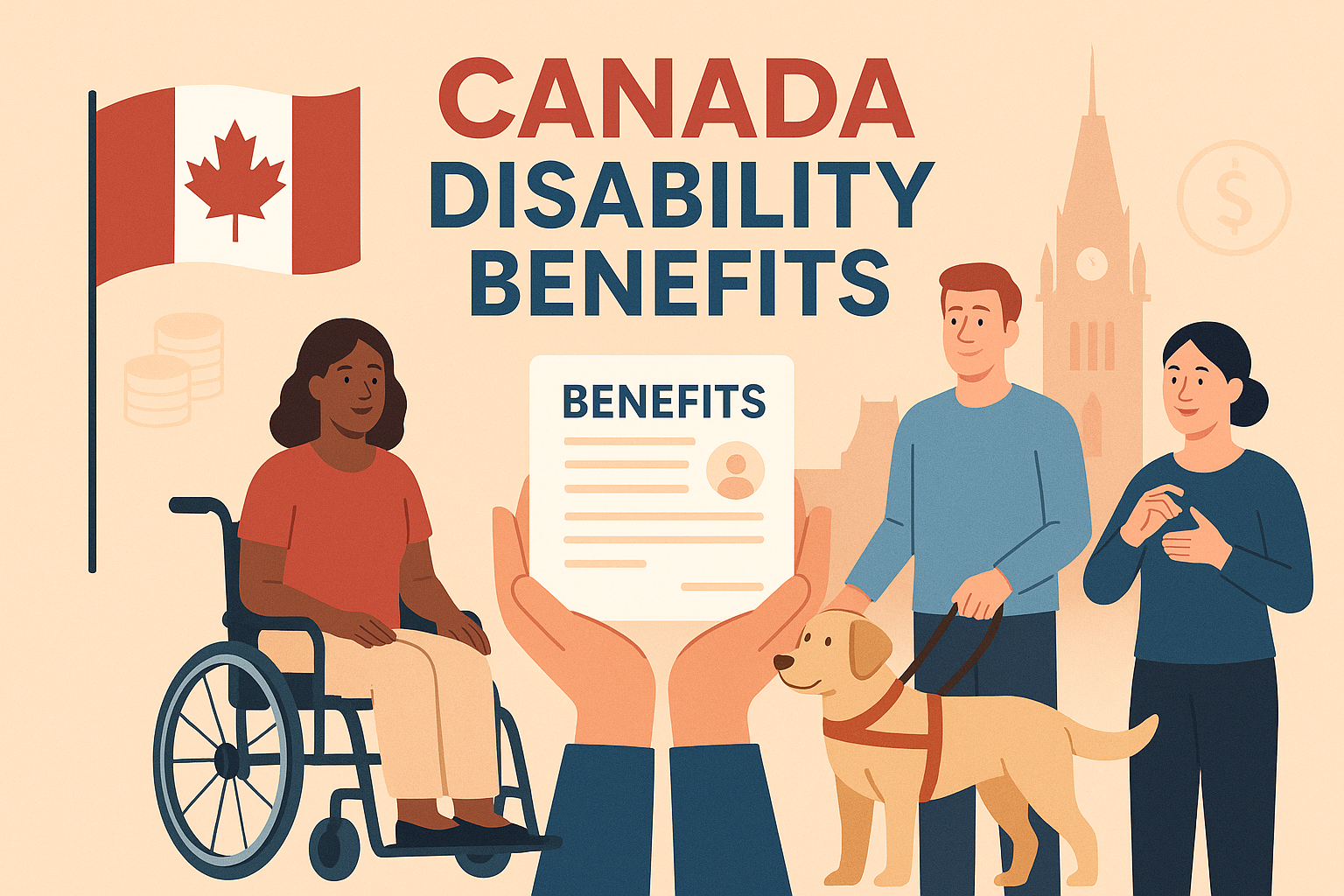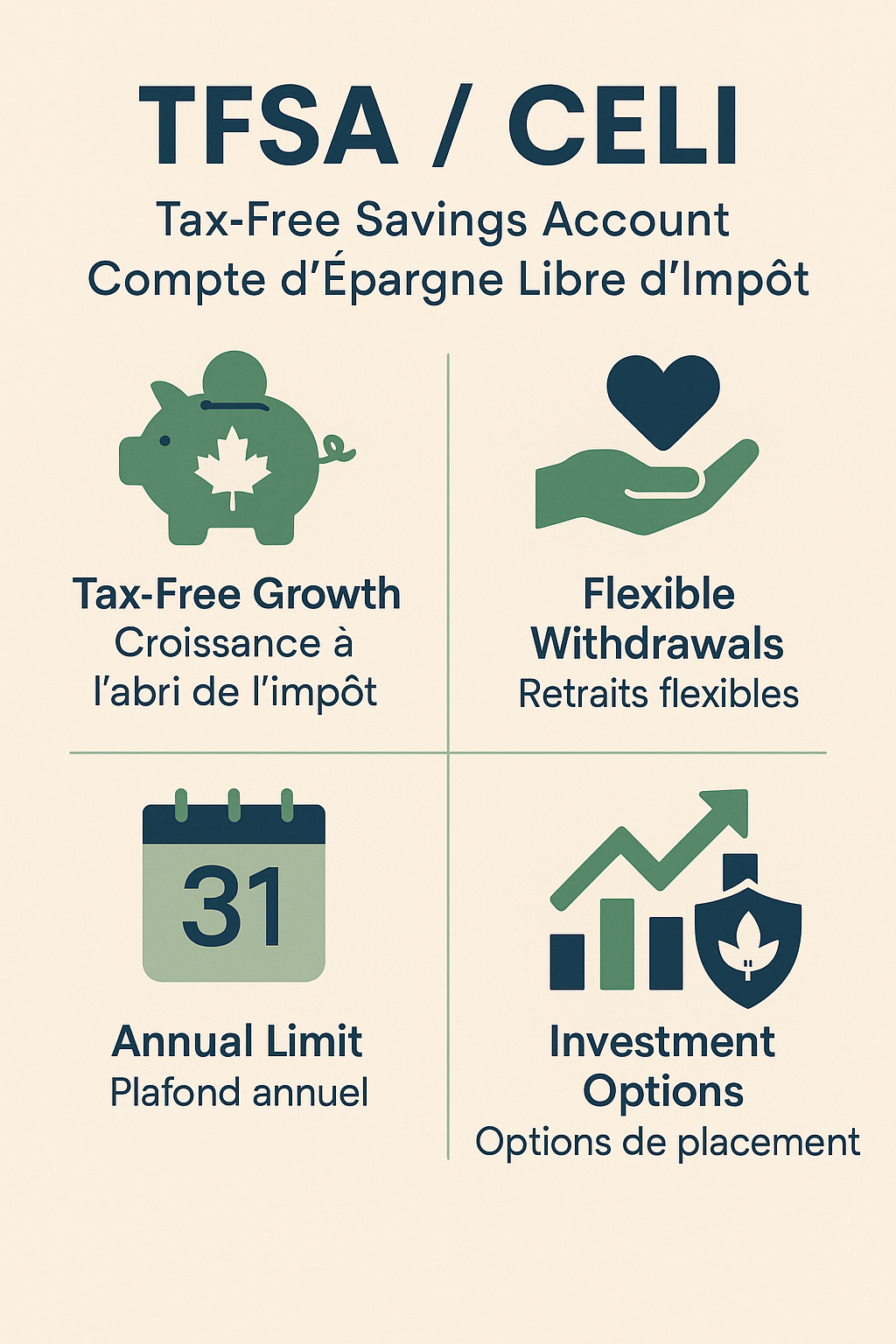One of the most challenging questions that most of us avoid asking ourselves is what would happen if we didn’t make it back home tomorrow.
In many cultures across the five continents of this world, planning or talking about what would happen after one’s death is taboo and incredibly depressing. The few brave souls who attempt to broach this deeply sensitive subject are often seen, perhaps rightly, as outliers or even a little unhinged.
Yet, we witness more and more surreal scenes unfolding in many families when a loved one passes away without having written a will or planned their estate.
I must admit, writing this article wasn’t easy either, for the very same reasons. But as my goal on this blog is to demystify financial education, I had no choice but to bring forth the following paragraphs on the importance of writing a will, which you are about to read.
Disclaimer
While I try to ensure the accuracy of the information contained in this blog, I do not guarantee it. I’m not a licensed financial adviser nor a lawyer, so take this blog only as an educational resource and my personal thoughts and opinions. No liability is assumed for losses or disappointments due to the information provided. It is important that you always exercise your own judgement when making decisions that can impact your wallet, and your life!
I. Preparing your Will
A will is more than just a document; it’s a declaration of your intentions and a safeguard for your loved ones. Without one, you risk leaving your family in turmoil, scrambling to figure out how to divide your assets and fulfill your wishes. This process can lead to unnecessary stress, conflict, and even legal battles. A well-crafted will not only ensures that your assets go where you want them to, but it also provides clarity and peace of mind to those you leave behind.
In many families, the absence of a will has led to painful disputes, strained relationships, and financial hardships that could have easily been avoided. It’s a tragedy to see loved ones torn apart, not just by grief, but by the uncertainty and chaos that can follow an unplanned estate.
By writing a will, you are taking a critical step in protecting your family’s future. It allows you to make decisions about who will inherit your property, who will take care of any minor children, and how your debts will be paid off. You can also specify any charitable donations you wish to make or ensure that family heirlooms are passed down to the right people.
But a will is just the beginning. Complementary legal instruments, such as trusts and insurance policies, can further solidify your financial legacy. Trusts, for example, can help manage your assets more effectively and provide ongoing financial support to your loved ones according to your wishes. Insurance policies can offer a safety net, ensuring that your family has the financial resources they need in your absence.
II. Set-up your Will
Creating a solid will doesn’t have to be as daunting or costly as many might think. Contrary to popular belief, drafting a will can be both affordable and straightforward. Depending on your situation, the cost can range anywhere from less than $100 to over $1,000 when working with a lawyer. The price largely depends on the complexity of your estate, but for many people, it’s entirely manageable.
For those with simpler needs, there’s the option to purchase an online will kit and draft the document yourself. This is a budget-friendly approach, but there are some important details to keep in mind. When creating your will, you must have two witnesses present to watch you sign the document. These witnesses also need to add their signatures to the will at the same time. It’s crucial that these witnesses are not family members or anyone mentioned in your will to avoid any potential conflicts of interest.
While you don’t necessarily need a lawyer to draft your will, there are certain situations where seeking professional legal help is highly advisable. If you have a sizable estate with multiple real estate properties, own a business, or have a more complex family structure — such as a blended family — it makes sense to get legal advice. Additionally, if you have a beneficiary who has physical or mental challenges, a lawyer can help ensure your will is set up to provide the best possible support for them.
III. The “Four Ts” Rule
When it comes to estate planning, one of the most crucial decisions you’ll make is selecting an executor for your will. Think of the executor as the CEO of your estate, responsible for ensuring your final wishes are carried out and your affairs are settled. This role involves a range of tasks, from dealing with banks, insurance companies, and government agencies, to communicating with your beneficiaries and family members. It’s not an easy job, and it often comes without thanks, so it’s vital to choose your executor wisely.
To make the best choice, consider the “four Ts”: trust, time, territory, and terminal.
First, your executor should be someone you trust implicitly, as they will have control over your assets and be responsible for fulfilling your last wishes.
Time is also essential—your executor needs to have the time and willingness to take on this demanding role.
Territory is another critical factor, especially if you reside in Canada. Choosing an executor who lives outside of Canada can lead to complicated tax consequences, so it’s generally best to pick someone within the country.
Finally, think about the terminal aspect. You want to choose an executor who is likely to outlive you and is in good health. Appointing someone who is older or in poor health might not be the best option, as they may not be able to fulfill the duties when the time comes. If you’re unsure or worried about this, you can always name an alternate executor as a backup.
IV. What would happen with no Will?
Dying without a will is one of the most detrimental things you can do to your family and loved ones. Without a will, the process of distributing your assets will be longer, more complicated, and could lead to unnecessary conflict among those you leave behind. It’s not just about the financial implications; it’s about leaving your family in a state of uncertainty during an already challenging time.
When you die intestate—without a will—the government steps in to decide who inherits your assets. Every province and territory has its own rules for intestate succession, meaning your assets may not end up where you would have wanted them to go. You’ve not only left this world, but you’ve also left your loved ones without guidance, forcing them to navigate the murky waters of estate distribution without your input.
Conclusion
Talking about death is never easy, but avoiding the conversation doesn’t make the reality any less inevitable. Instead, it leaves your family vulnerable to the uncertainties and challenges that come with an unplanned estate. By taking the time to write a will and plan your estate, you are giving your loved ones the greatest gift of all: security and peace of mind.
Finance Faded for All
Become a member of my group “Finance Faded for All’ to support the blog and gain access to exclusive content:
- Access to secret/exclusive publications
- My ETF purchases and my stock market investment strategy
- Q&A sessions.
- and more







